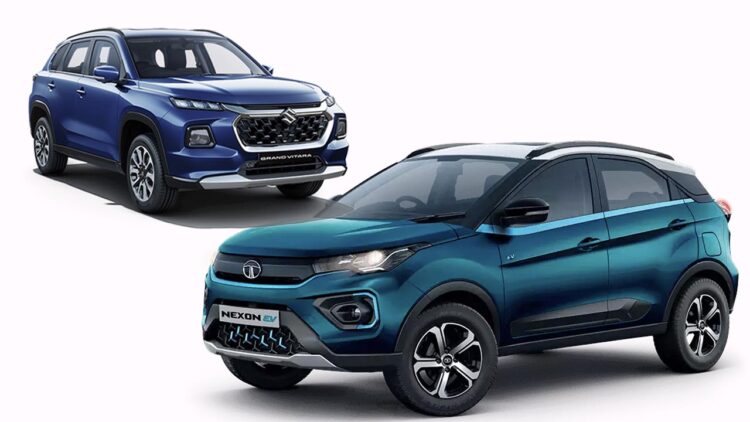Tata Motors currently has no plans to enter the hybrid segment. Notably, the largest carmaker in the country, Maruti Suzuki is big on hybrid cars. In fact, in its existing portfolio, it is introducing hybrid and CNG models with new cars. Everyone is frustrated with the rising petrol and diesel prices in the country. This is particularly true in the last few years. As a result, people are beginning to look for alternatives. The initial prices of EVs are still too high for mass adoption. As a result, hybrid and CNG cars are the next best feasible options. However, Tata Motors is the market leader in the electric car segment in the country. It has decided to skip the hybrid space altogether and directly enter the EV space. That is why it makes sense to not offer any hybrid cars.
You may also like: 3 Upcoming Tata Electric Cars – Nexon, Altroz & More
Tata Motors Will Not Enter Hybrid Segment
At the 78th AGM, the Chairman of Tata Motors, Chandrasekaran addressed the shareholders by saying, “We believe that Tata Motors India passenger vehicles will have 50% of electric vehicles penetration and 65% of JLR vehicles by 2030 on green technology. We will have the right technology and form factor, I can assure you that it will be a significant differentiator for our company.” This is a clear indication that the Indian auto giant has plans in place to develop technology and components for an electric revolution.
You may also like: Tata Nexon EV vs Modified Skoda Kushaq Drag Race – VIDEO
On the charging front, the company has a partnership with Tata Power which is a crucial factor to support EV penetration across the country. To facilitate localisation, Tata Motors continues to work with Tata AutoComp and other vendors. Apart from that, Tata Sons will support Tata Motors and JLR in battery technology development through its subsidiary, Tata Agratas. In this manner, Tata Group has all the resources to ensure that all the components of EVs are taken care of. Hence, it makes sense to focus on just pure electric cars going forward.
You may also like: Tata Motors Replaces Nexon EV Battery Worth Rs 7 Lakh For Free
You may also like: Tesla Leaves BYD Behind in Race to Start Production in India
What We Think
Looking at the current global and domestic trends, EVs are looking like the most prominent way to tackle the issue of vehicular pollution. However, it is clear by now that while the tailpipe emissions from EVs might be zero, there is pollution during the production of EVs and batteries in addition to the disposal of batteries after the lifecycle. Tata Motors is already the market leader when it comes to EVs. It could easily build on this foundation to ensure that it remains at the top going forward as well.



